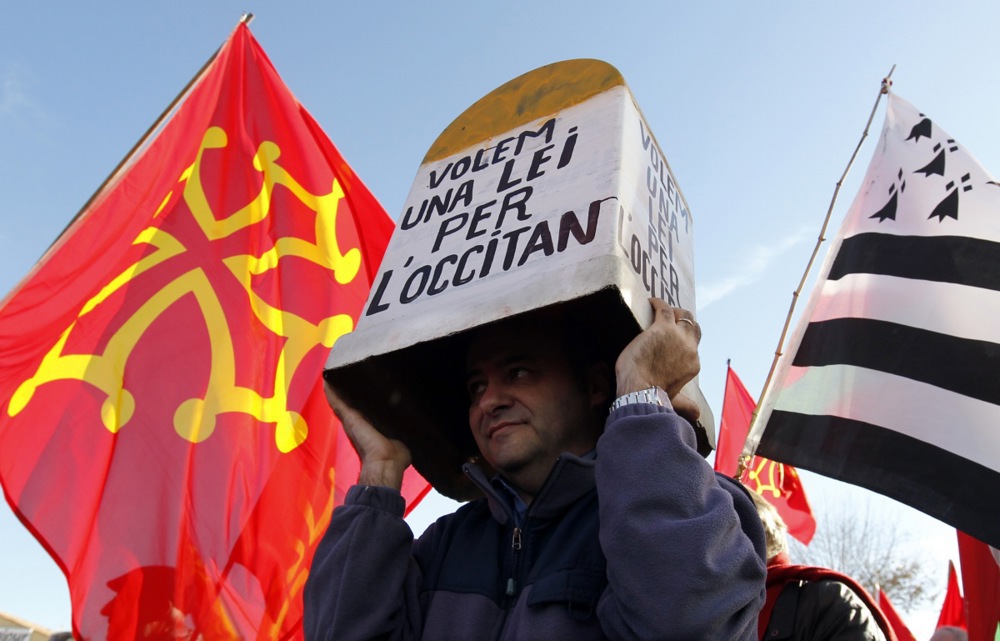The handling of an inquiry into motor insurers in Bulgaria and Romania raises serious questions for the European Commission and the EU’s regulators, writes Ireland’s former Europe Minister Dick Roche
In 2019 Romania’s motor insurance sector was in crisis. City Insurance, with over three million policies on its books, was about to go out of business.
ASF, the Romanian Financial Supervisory Authority, requested Euroins Romania – part of the Bulgarian-based Euroins Insurance Group (EIG), one of the largest independent insurance groups in Central and Eastern Europe – to buy City Insurance. Euroins said no.
That refusal was followed by three years of unrelenting attention from ASF. The Romanian Regulator pored over Euroins books, demanded and then dropped requirements, put the company into temporary administration regarding the quality of its board, issued a series of sanctions with fines running over €3.2 million and raised concerns about reinsurance contracts which had previously been approved.
The campaign came to a head on February 2 2023 when ASF issued a report alleging that Euroins had a “shortfall of € 400 million in relation to the solvency capital requirement and of €320 million in relation to the minimum capital requirement”.
The report’s findings were a complete departure from the position taken by ASF only a few months earlier and in its previous reports on Euroins.
The Euroins Insurance Group (EIG) approached the European Insurance and Occupational Pensions Agency (EIOPA) – the EU agency charged with the task of identifying, assessing, and mitigating risks and threats to the insurance and occupational pensions sectors. It proposed an independent external review of Euroins Romania’s economic balance sheet by a leading international expert team under the supervision of EIOPA and the relevant Romanian and Bulgarian authorities.
The Bulgarian Financial Supervision Commission (FSC), the appropriate supervisory authority for the Euroins Insurance Group, also approached EIOPA. FSC vouched as to the positive financial position of EIG. It also attested that a newly concluded reinsurance contract provided Euroins with a strong position.
The European Bank for Reconstruction and Development (EBRD), which had invested €30 million in EIG following the collapse of City Insurance with the aim of stabilising the insurance sector and which has cumulative investments of over €10 billion in Romania, also became involved.
EBRD questioned the ASF position. It pointed out that the previous ASF report had confirmed Euroins’ capital position, contested the regulator’s position on the reinsurance contracts, and supported the proposal for an independent external review of Euroins’ position. It pointed out that if any liquidity problem existed or if additional capital was required remedial actions could be taken to resolve both issues.
EIOPA brushed aside the efforts of EBRD and of FSC on the basis that the only supervisory body with standing on the issue was the Romanian regulator – irrespective of the evidence questioning the ASF position.
Two reviews
Having failed to take on board the proposal for an independent review EIOPA decided to carry out its own examination of the case made by ASF.
EIG and Euroins Romania were not invited to submit material or to make any input into the examination or to the report that followed. In contrast, the Romanian Regulator was fully involved in every stage of the “assessment process”.
It is difficult to see how the approach EIOPA adopted in producing its report can be regarded as anything but tilting the scales in favour of ASF.
In an attempt to bring some objectivity into the case EBRD, in agreement with EIG, appointed a leading global actuarial accounting firm to conduct an independent assessment of Euroins Romania. EBRD requested ASF and the Romanian Ministry for Finance to hold off on any action until after March 31 when the expert actuarial assessment was to be finalised.
Contradictory and irreconcilable findings
Until recently the only details of EIOPA report’s findings that have been publicly available have come from leaks to Romanian media. Recently, however, a non-redacted version of the findings of the Board of Appeal of the European Supervisory Authorities [BoA-D-2023-01] has, apparently accidentally, become available.
The non-redacted paragraph 12 of the report reads, “According to the EIOPA Report, Euroins Romania had a deficiency of the net best estimate for the MTPL business at the reference date of 30 September 2022. In EIOPA’s view, the deficiency was in the range between EUR 550 million and EUR 581 million”.
These findings differ dramatically from the three reports of Romania’s ASF issued before February 2023, none of which raised any concerns regarding EUROINS solvency. They even differ from the controversial ASF report of 2 February 2023.
They also differ completely from the key conclusion of the independent analysis commissioned by EBRD. That analysis concluded that as of the end of 2022 from a quantitative perspective, Eurions was solvent with “no capital gap” and that from a qualitative perspective the Euroins reinsurance contracts met the requirements of Solvency II.
It is not possible to reconcile these different views and to date, neither EIOPA nor the Commission seem particularly concerned to do so.
Double standards and evasiveness
Astonishing double standards and evasiveness have been demonstrated by Romanian and EU agencies throughout the Euroins case.
On March 17 2023, ASF announced that it had decided “to withdraw the operating authorisation of Euroins Romania” and intended to start bankruptcy proceedings. No explanation was given as to why ASF would not wait until the EIOPA and EBRD reviews were completed.
Making the announcement without consulting the College of Supervisors, a requirement under Solvency II, was a breach of Solvency II requirements. That breach was ignored.
As already mentioned the Romanian regulator was fully involved in the EIOPA review process EIG and Euroins Romania were excluded.
ASF was given access to the EIOPA report from its completion. It participated in the College of Supervisors meeting of April 5 where the report was adopted. Before that meeting, Euroins asked to see the report, EIOPA refused access.
Following the April 5 meeting, ASF breached EIOPA’s confidentiality requirements by briefing on selected details of the unpublished “confidential” EIOPA report. That breach was also ignored.
While withholding its report from Euroins and EIG, EIOPA allowed ASF to use material from the report in the Bucharest Court of Appeal blindsiding Euroins during important court proceedings again tilting the scales in favour of ASF.
EIOPA continued to refuse access until 16th May when it gave the Bulgarian regulator FSC permission to share the report with Euroins. The company was finally given sight of the report in mid-June 2023 after the bankruptcy proceedings were well advanced.
The EIOPA report has still not been published, it has not been made available to Members of the European Parliament and has not been ‘shared’ with the EU Commission.
The odd approach by the EU Commission
The approach adopted to the case by the Commission has been decidedly odd. From the outset, it has chosen to ignore the concerns expressed about the actions of ASF and EIOPA.
Questions (PQs) tabled in the EU Parliament have received responses that are evasive, incomplete, misleading, and in some cases border on disrespectful. Links provided in PQ replies have taken MEPs to material that is either heavily redacted or “access denied”.
Having responded to a series of questions tabled as far back as March 2023 the Commission has bizarrely admitted that the EIOPA report has not “been shared” with it.
The overall default position adopted by the Commission has been that it is the sole responsibility of ASF “to assess whether Euroins Romania is solvent” ignoring the possibility that the ASF analysis could be wrong, biased, or both and overlooking the fact that, over the last twelve years under ASF stewardship, the Romanian insurance market has seen the departure of twelve insurance providers.
Ignoring the costs
The drama that has been playing out in the Euroins case comes with real-world costs. Millions of Romanians have lost their insurance coverage. Insurance costs have risen, triggering demonstrations. Romania’s guarantee fund, the ‘backstop’ for motor insurance has been adversely impacted, and a taxpayer ‘bailout ‘will be needed. The Romanian Government has been forced to put a series of Emergency Ordinances in place extending the life of policies issued by a company whose license ASF revoked in March 2023.
To cap all of this off, the Romanian state, already facing a potentially ruinous €2 billion claim in the World Bank arbitration court in the Rosia Montana case, is set to be hit by a €500 million damages claim from the owners of Euroins.
All of these problems were foreseeable when ASF launched its campaign against Euroins. They could have been averted had EIOPA played a more constructive role and supported the proposals put forward by EBRD.
Solvency II is intended to protect insurance policyholders and pension beneficiaries. The drama that has played out over the past year in the Euroins case does not align with those aims.
There are lessons to be learned from the case. A first step in any analysis of the case might be, as some MEPs have recently suggested, to undertake a comprehensive, independent, expert analysis of EIOPA’s report on Euroins and its preparation.
Dick Roche is a former Irish Minister for EU Affairs and former Minister for the Environment





